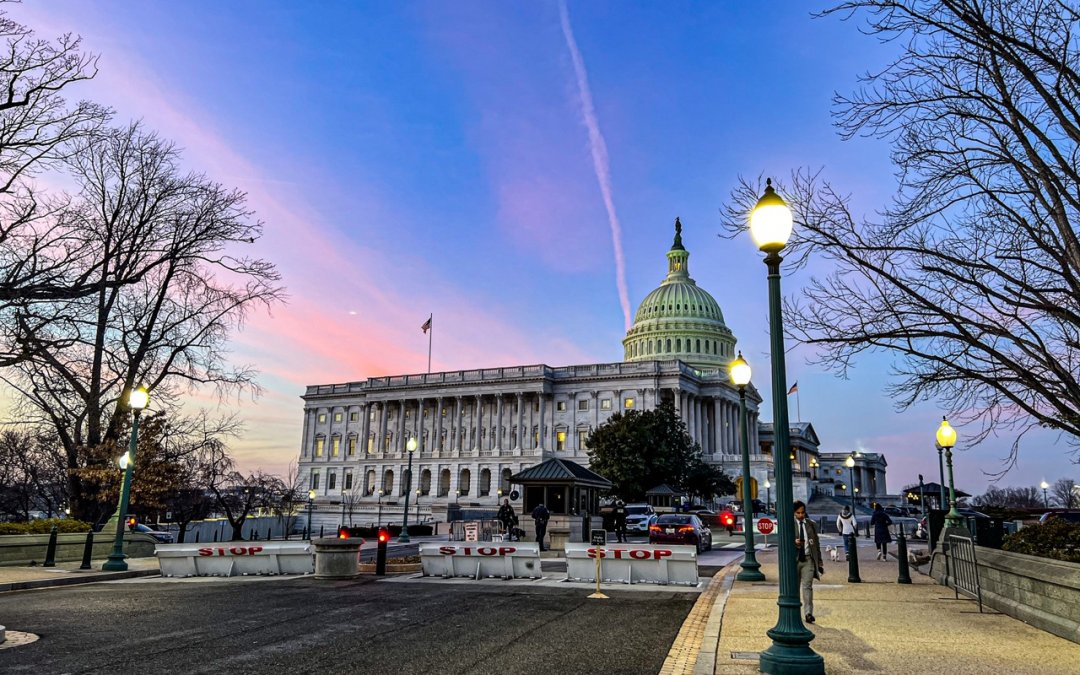WASHINGTON — Last Thursday, President Biden signed into law a bipartisan bill to bar companies from contractually forcing sexual assault and harrassment complaints into arbitration. Now, the change has reinvigorated efforts to pass similar legislation in the financial services industry.
Forced arbitration agreements require consumers to waive their right to sue in open court or as part of a class action lawsuit, instead bringing their case individually before a private arbitrator. The arbitrator is often selected by the company writing up the contract and is not necessarily required to document its findings.
“Studies have shown consumers do not understand what they’re signing in these agreements. It’s not because we aren’t smart enough — it’s because corporations pay high-priced lawyers. It’s what they do for a living,” Sen. Sherrod Brown (D-Ohio) said Tuesday at a hearing of the Senate Banking, Housing and Urban Development Committee.
“Corporations even write these arbitration clauses so they can handpick the arbitrator, who works behind closed doors,” Brown said. “They choose the venue, they choose the referee – anywhere else we would call that gaming the system.”
Provisions Aplenty
Most brokerages include mandatory arbitration agreements in their contracts, including Charles Schwab/TD Ameritrade, Fidelity Investments, Bank of America/Merrill Lynch, J.P. Morgan Chase and Robinhood. (And Coinbase, for crypto fans.)
Disputes between brokerage firms and investors are mostly handled by the arbitration arm of the Financial Industry Regulatory Authority (FINRA), a private nonprofit corporation overseen by the SEC.
The majority of consumer banks, credit card issuers and payday lenders also contain forced arbitration clauses. These companies choose among large arbitration firms like the American Arbitration Association (AAA) or Judicial Arbitration and Mediation Services (JAMS) to resolve disputes.
Under forced arbitration, “consumers can’t go to court if they’re cheated or injured,” said Paul Bland, Executive Director of Public Justice, in a written opening statement. “They have to go to a secretive, unreviewable system, selected by the corporation that wrote the contract.”
“Even if arbitrators make very egregious errors in their decisions, those decisions are almost completely unreviewable by any court,” Bland said.
Law professor Myriam Gilles of Yeshiva University told senators that forced arbitration agreements prevented regulators from noticing and reacting to corporate fraud. As an example, she cited Wells Fargo’s history of opening up fraudulent accounts without customers’ permission.
“The customers were aware of this back in 2013, but it took the rest of us until 2017 to figure out what was really going on. That’s because Wells Fargo used their forced arbitration clause as a shield,” Gilles said.
Disagreeing on the Data
Senators, and the academics and lawyers seated before them, offered varying – and sometimes conflicting – accounts of how common these agreements are in the financial industry, and whether arbitrators were biased toward companies when awarding damages.
Citing data from the Consumer Financial Protection Bureau, Gilles told senators that arbitrators tend to award damages to companies more often, and in larger volumes, than they do to consumers.
Sen. Patrick Toomey (R-Pa.) cited more recent, conflicting data that showed consumers prevailed 14% more often in arbitration and urged the committee not to ban mandatory arbitration agreements.
“If these efforts are successful, consumers would receive less money less quickly,” Toomey said.
“The arbitration process uses impartial decision-makers and is subject to strict fairness rules,” said Steven Lehotsky, a lawyer representing the U.S. Chamber of Commerce. He told senators the Chamber supports arbitration as a “lower-cost alternative to our overburdened court system.”

